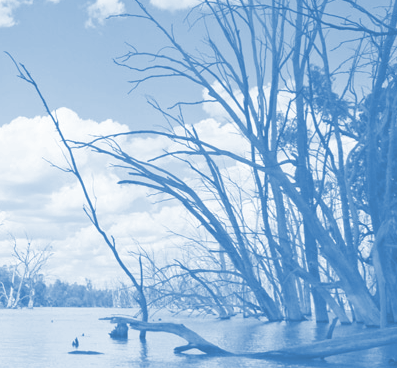MDBA boss warns of delay
 The new chief of the Murray-Darling Basin Authority (MDBA) has delivered a speech to the National Rural Press Club in Canberra.
The new chief of the Murray-Darling Basin Authority (MDBA) has delivered a speech to the National Rural Press Club in Canberra.
MDBA CEO Andrew McConville revealed that several projects designed to meet critical basin plan targets will not be finished on time.
He said the latest assessment of the Sustainable Diversion Limit Adjustment Mechanism (SDLAM) projects predicted a shortfall of 190 to 315 gigalitres by the time they were supposed to be delivered in June 2024.
“This means the authority will have no choice but to recommend to the federal water minister amended sustainable diversion limits in southern basin catchments,” Mr McConville said.
The projects were backed by basin state governments in 2017 to deliver environmental outcomes that are equivalent to removing 605GL from the consumptive pool of water. However, several years on, close to half of the projects are at risk of not being completed.
“As it stands, several projects to ease constraints so the river can more easily connect with its floodplain are estimated to need another five to 10 years beyond 2024 to be finished,” Mr McConville said.
“Currently, our assessment is that the SDLAM projects will most likely deliver between 290 and 415 of the 605GL required as part of the basin plan.”
Elsewhere in his address, the MDBA boss said Australia must rethink how Indigenous knowledge and climate change are incorporated into management of the system.
“All of us need to work harder to provide a place for First Nations people in water management decision-making,” Mr McConville said.
‘We need to rethink how we incorporate Indigenous knowledge into the way we manage water in the Basin.
“We need to do this in a respectful and culturally appropriate way … this, I see, is the great unfinished business of water management in the Murray-Darling Basin.”
Less than 1 per cent of water in the Murray-Darling Basin is owned by Aboriginal people.
Despite the former Coalition government committing $40 million in 2018 to help Indigenous Australians “to economically participate in water and ensure that they get not only economic but also cultural outcomes”, no funding has yet been delivered.








 Print
Print